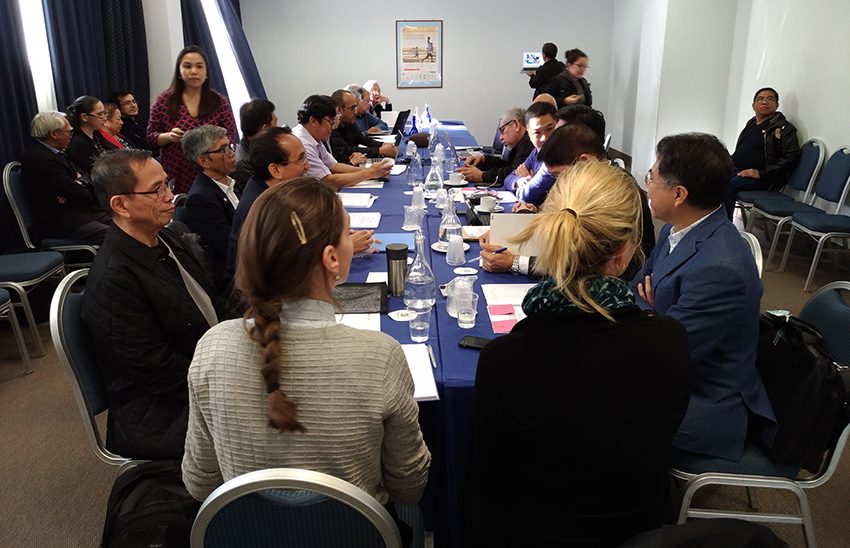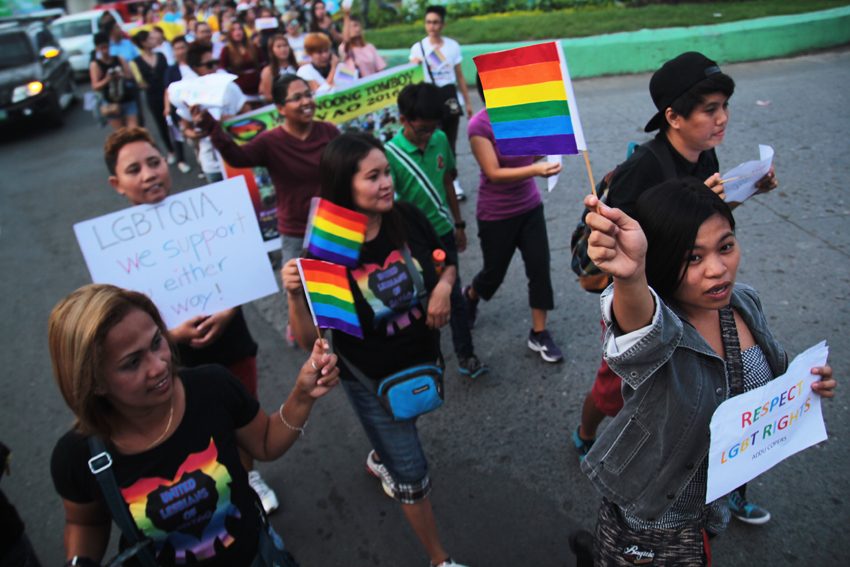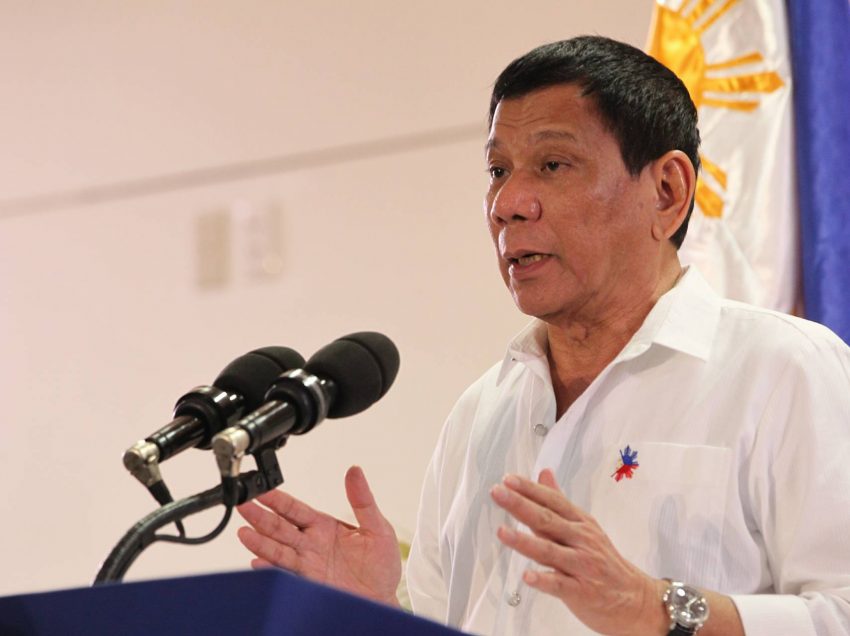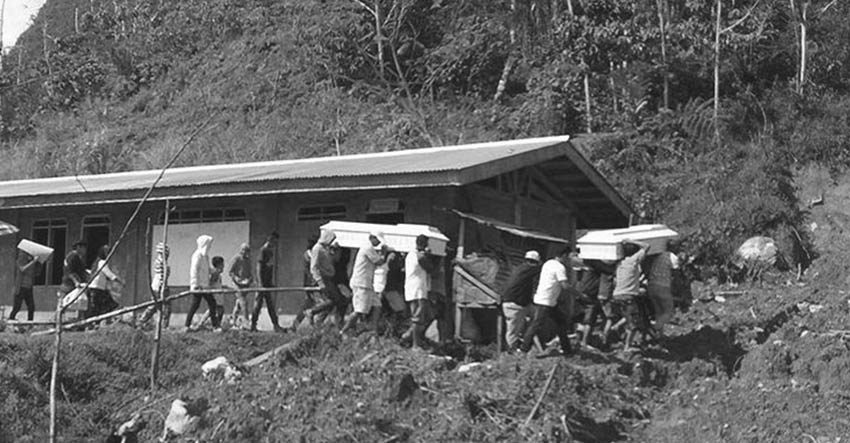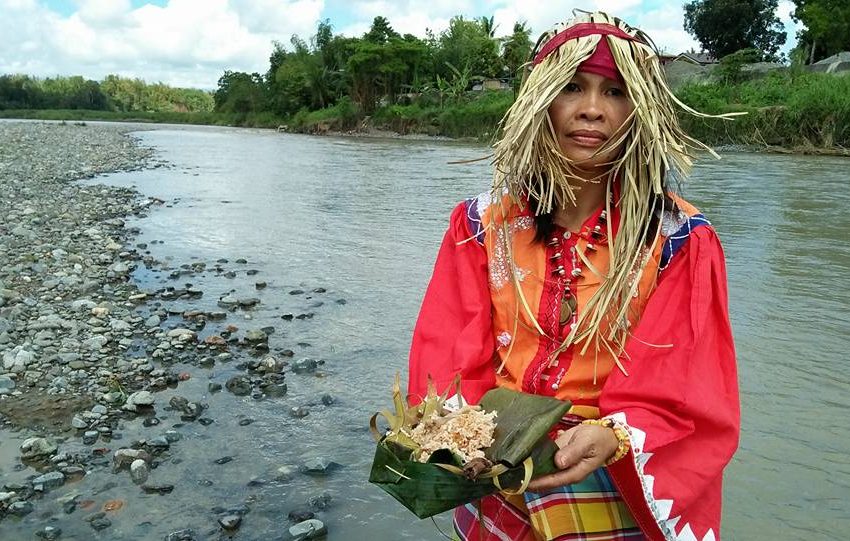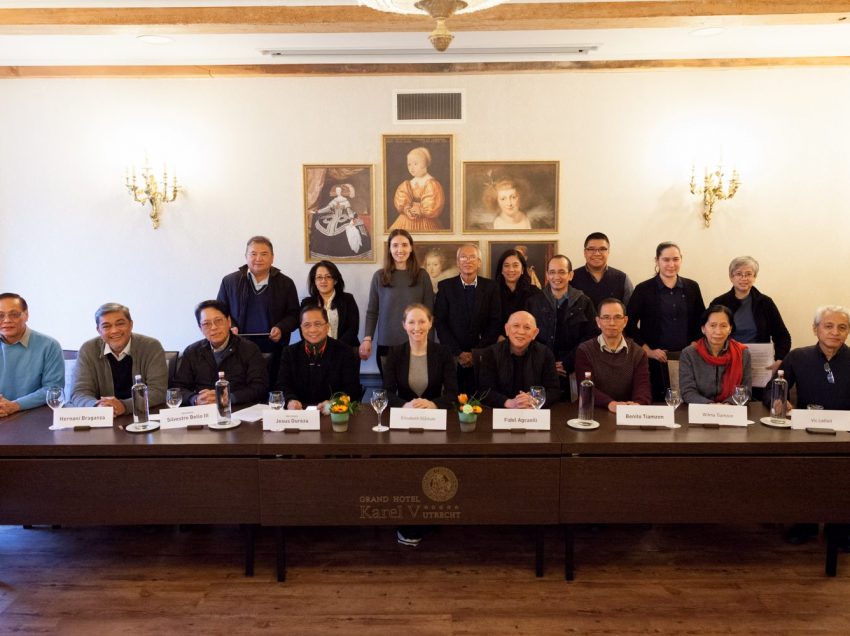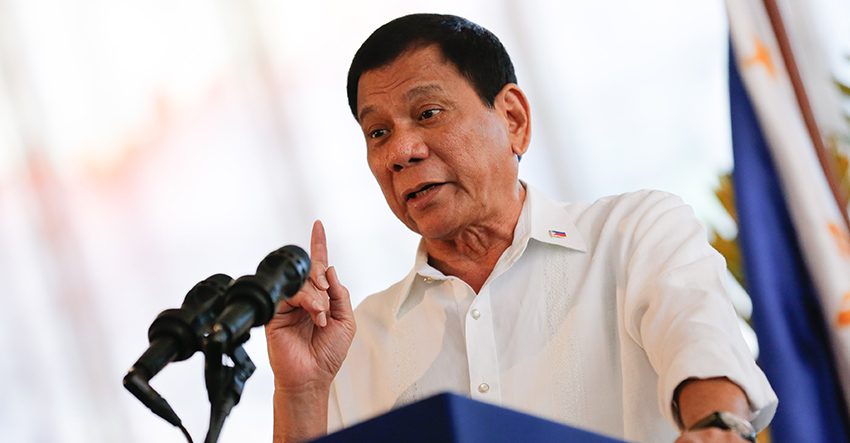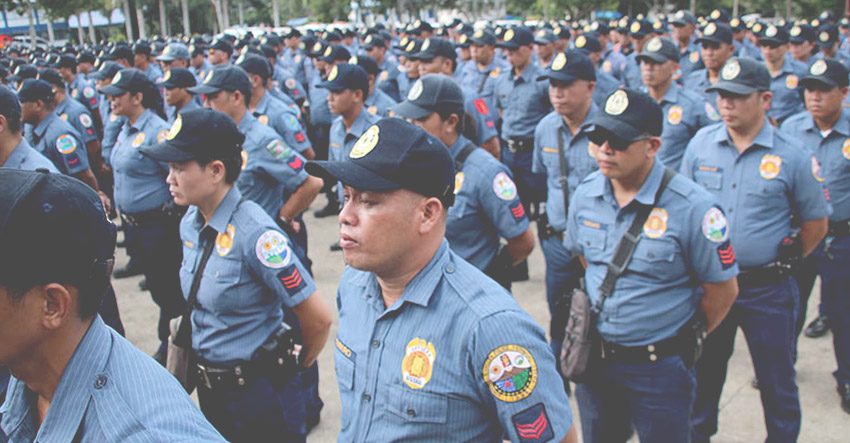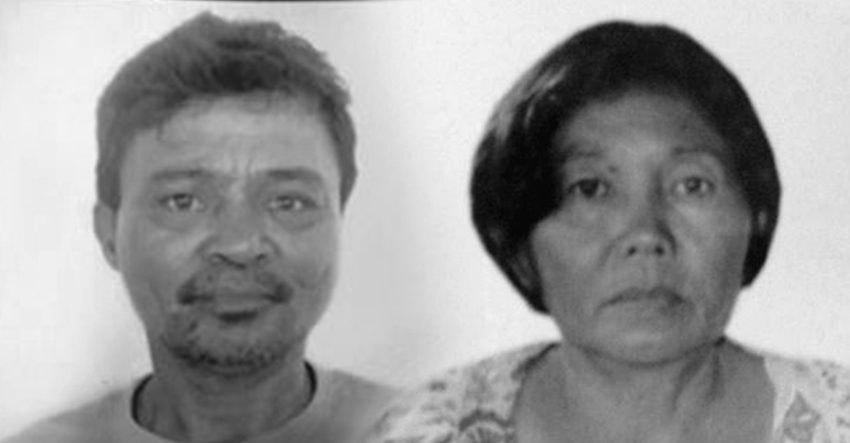When will the Duterte government learn that all-out war solves nothing but instead only heightens the resolve of the poor, deprived and oppressed Filipinos to further advance the struggle for justice, human rights and lasting peace?
Duterte’s backtracking is easily remedied. He and his government should demonstrate the political will to push through legislation to protect the rights of the country’s LGBT population, starting with same-sex marriage.
Will Australia’s Foreign Minister Julie Bishop deploy her warm smile or her famous “death stare” when she meets Philippine president Rodrigo Duterte in his hometown of Davao City on the southern island of Mindanao? Surely, Duterte – the instigator of a “drug war” that has killed more than 7,000 people in seven months – is worthy only of the latter.
To be poor, uneducated and jobless are red flags for the authority and that add to the growing insecurity most of the people feel.
On Thursday, 2 March, Jimboy Tapdasan Pesadilla was contacted by a neighbour to go to his parents’ house urgently. When he got to the house, he found several neighbours outside the house and a team of police inside, taking pictures. His father and mother had both been shot dead.
For us indigenous people, water resources like rivers play a crucial part in our communities’ survival and are integral to our culture and identity.
Joint Statement signed in Utrecht, The Netherlands by the Government of the Philippines and the National Democratic Front of the Philippines on March 11, 2017
Through provisions such as the Intended Nationally Determined Contributions, it puts the responsibility of meeting target emission cuts at the burden of developing countries without holding corporations that are among the biggest historical polluters accountable.
There’s been no restraint or second thoughts at all about Duterte’s war on drugs, relaunched this week as “Oplan Double Barrel, Reloaded”. Intensely marked by illegal practices and human rights violations, the campaign has literally become “tok-bang” from “tokhang”.
I am amazed that unlike landlords like the Cojuangcos, these poor farmer couple gave a portion of their meager land to the Salugpungan Learning Center so that they can build a school for their community.

